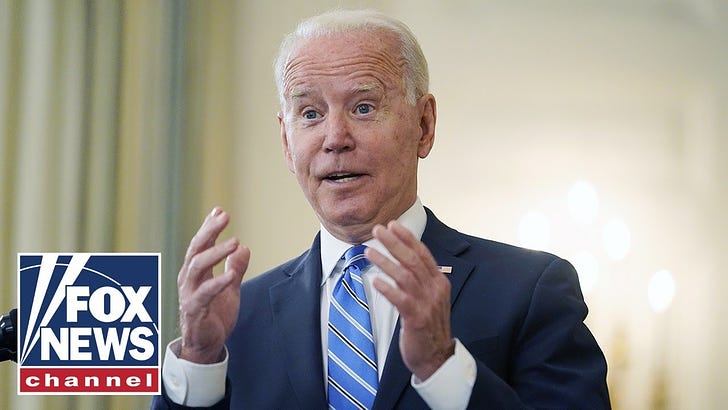Democracy--Our Word, Not Theirs
Victor Davis Hanson, “Populist-Conservatism,” the “Democracy-Rescue Coalition,” and Conservative Hesitancy to Embrace the D-word
Paint it on our banner, let our heralds shout it clear:
Democracy!
Just a little word, you say? A troublesome term we should regard as an “essentially contested concept”1 since it is used in so many different ways?
Nay, my friends, it is a word of life! A word worth fighting for!
I cannot but imagine that every time it is printed on the masthead of The Wa…
Keep reading with a 7-day free trial
Subscribe to PostModernConservative to keep reading this post and get 7 days of free access to the full post archives.



